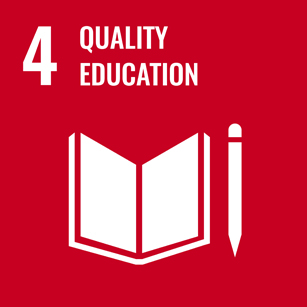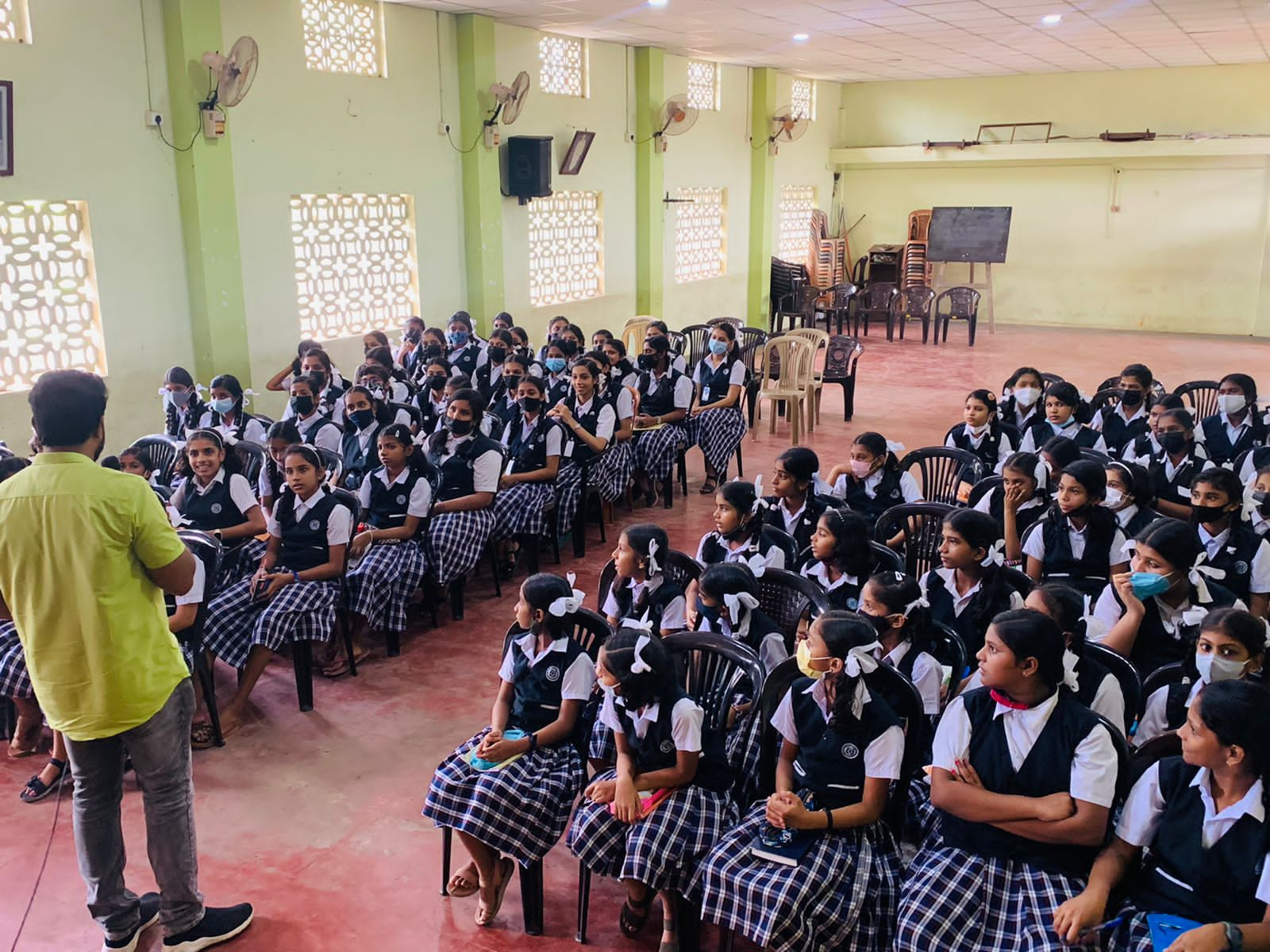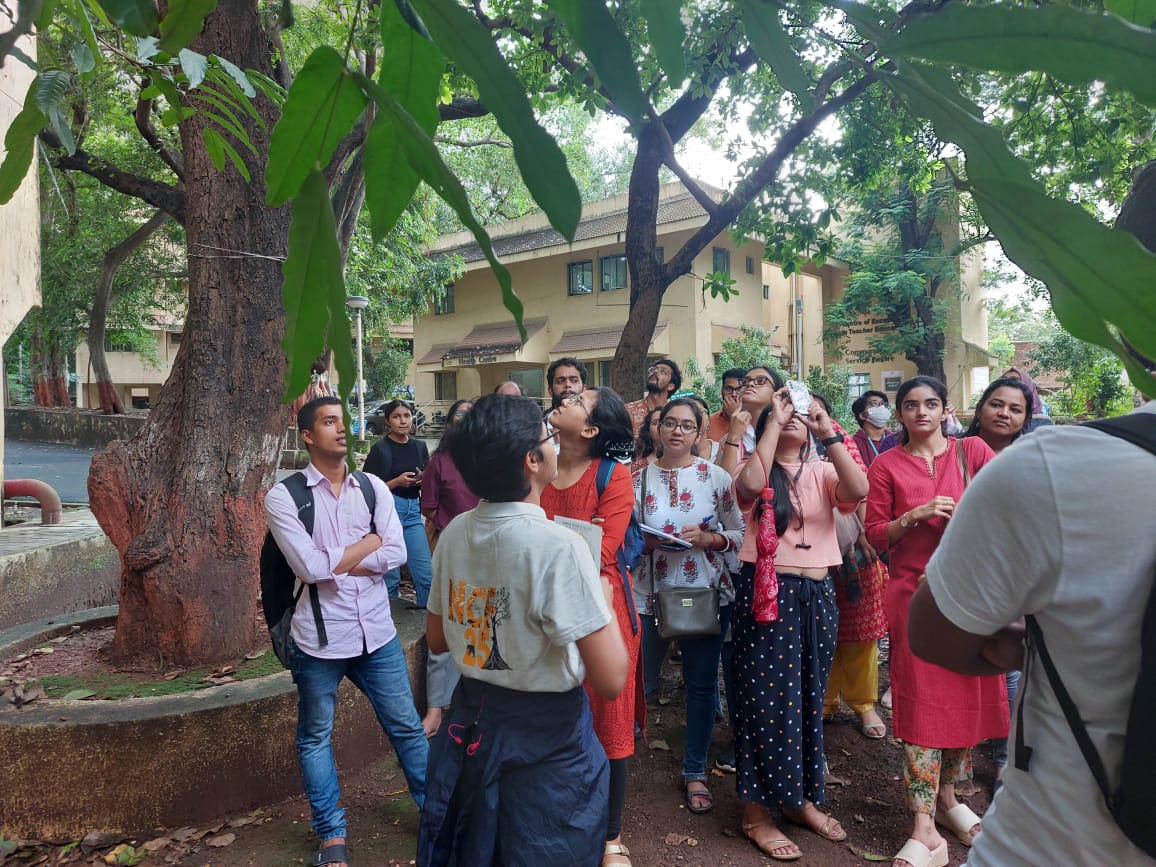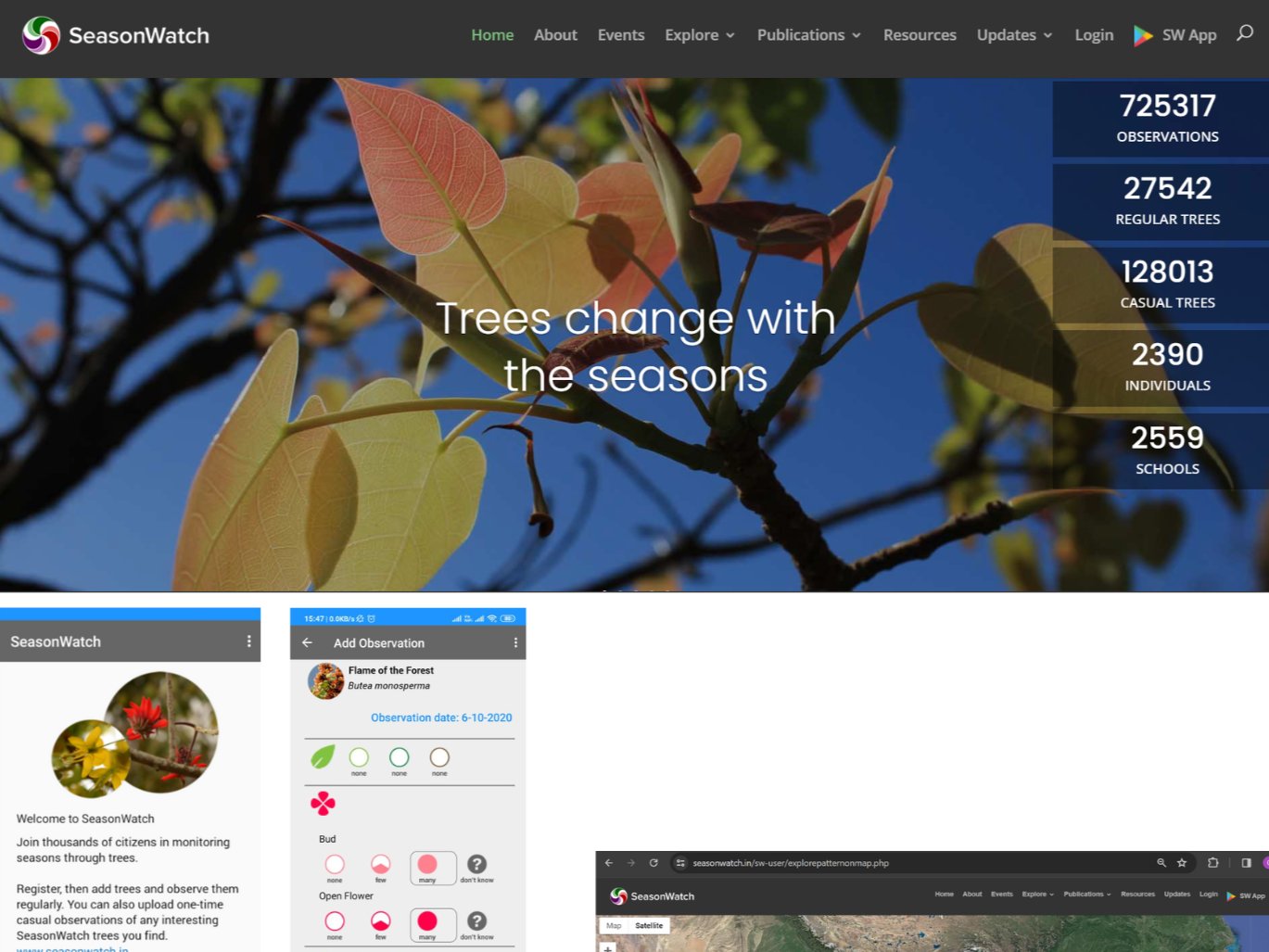SeasonWatch – a citizen science project documenting climate change through trees
- Proposed areas of implementation
- Potential areas of implementation
Project Partner


Citizen science, where non-professionals contribute scientific data, has become popular globally, with applications in ecology, conservation, and climate sciences. Experts globally, including in India have identified citizen science as an ideal method for understanding the natural world, engaging the public as key stakeholders, and leveraging contextualised knowledge to effectively understand climate change.
Launched in 2011 with support from Wipro Foundation, Nature Conservation Foundation’s SeasonWatch is one such initiative in India that offers a simple yet engaging way for people to understand climate change. The participants observe the seasonal changes of locally abundant tree species over a duration, record their findings, and upload this information to the SeasonWatch project website or mobile app. The application currently holds over a decade of information on tree seasonality and can be used to infer how climate change affects biodiversity and life cycles of other living beings and communities that depend on trees for food, shelter, and livelihoods.
Having piloted the initiative in Kerala, SeasonWatch now aims to advance climate science and climate education in Maharashtra and Tamil Nadu over the next three years by engaging with citizen scientists, educational institutions and communities, supported by robust technology and extensive outreach and training efforts.
The project is divided into five key components – scale the project in schools and university campuses across India; pilot and assess the SeasonWatch Climate Change Educator (CCE) curriculum across India; develop the application by adding new features for better user experience; capacity building among stakeholders and; analyse, publish, and share SeasonWatch data with diverse audiences for climate literature and policy action.
Over the next three years, the project aims to scale and bring impactful change to over 300 additional schools in Maharashtra and Tamil Nadu. It will expand the Campus Phenology Network, a collaboration between SeasonWatch and various partners, from 36 to up to 100 Indian undergraduate campuses. The project will also engage 1,000 more individual contributors from outside educational institutions across India. Additionally, 30-35 schools each in Kerala, Tamil Nadu, and Maharashtra will be identified to introduce the CCE curriculum to educators through in-person or online workshops. To enhance the project’s reach and effectiveness, new technologies will be introduced to the application, including multilingual support, a photo upload tool for observation verification, and AI-assisted identification of tree species or seasonality stages.
Context
While climate change is an undeniable reality of the modern world, its gradual progression often goes unnoticed by people. As a result, many people remain detached from the reality of climate change leaving themselves less equipped with the necessary knowledge, tools, and means to adapt and participate in processes to mitigate its adverse effects. To address climate detachment, it is crucial to educate and involve individuals and communities in generating information and solutions.
Nature Conservation Foundation’s citizen science project – SeasonWatch offers a simple way for people to understand climate change in India. Participants contribute valuable information to the SeasonWatch platforms by observing seasonal changes in leaves, flowers, and fruits of trees in their localities. Tree seasonality is a reliable indicator of climate change. Changes in climate factors such as temperature, rainfall and sunlight can affect plant seasonality, with potentially adverse impacts on natural processes like pollination, flowering, seed production etc., which in turn can affect pollinating insects, birds, animals and even traditional livelihoods of communities dependent on forests.
SeasonWatch invites children and adults from various regions to observe and record the seasonal changes in 171 tree species. Since its initiation in 2011, over 2,500 individuals (including university students from 36 Indian campuses) and thousands of school students from 2,500 schools have contributed more than 7,25,000 observations on over 1,50,000 trees. Participants are expected to observe a tree every week and upload this information to the project website or mobile app. Long-term observations are essential to identify reliable indicators of climate change and understand its effects on plant-animal interactions, including human activities. Understanding climate change impacts on locally abundant trees, especially those that provide food or livelihoods, can help humans adapt to rapidly changing environment through policy or direct action.



Problem statement
The project SeasonWatch under its current phase is aimed at expanding the geographic scope of data to at least two more Indian states – Maharashtra and Tamil Nadu as a knowledge-generation tool through participatory action. Additionally, the project is designed to address the following challenges:
- Children often get acquainted with the idea of climate change through environmental studies curricula in schools, which are bereft of updated information or hands-on experience about climate change. The project aims to engage with children in climate change awareness through hands-on interaction with biodiversity, fostering stewardship and a deeper understanding of the natural world.
- The challenge to generate information on biodiversity at scale and on how tropical trees respond to the climate creates an information gap for the scientific community. The project aims to generate knowledge on biodiversity response to climate change at scale.
- Increasing access to technologies such as smart phones and better internet connectivity has led to an unprecedented surge in volunteer-contributed information in the past five years. The project aims to make SeasonWatch technology as accessible as possible to facilitate collaborative knowledge generation irrespective of hurdles such as linguistic barriers, inability to identify trees etc.
Goals and objectives
SeasonWatch is not just about understanding climate change but also about creating a community of nature enthusiasts. Freely accessible SeasonWatch datasets have been used by -
- Educators to supplement classroom teaching and generate a sense of wonder for biodiversity.
- Researchers as baselines for biodiversity and habitat-change studies.
- Content developers to teach concepts like statistics and coding.
SeasonWatch is driven by two primary goals aimed at combating the climate crisis. Firstly, the project aims to foster a profound emotional connection between individuals and nature, particularly trees, through various initiatives including observation, education, awareness campaigns, outreach programmes, and community-building efforts. One of the key objectives is to expand the observation of common tree species across India, engaging with diverse age groups through both online and in-person training workshops. The project particularly emphasises engaging school children to integrate climate change education into mainstream curricula while nurturing an early affinity for nature and trees. Additionally, the SeasonWatch team facilitates participatory knowledge generation through platforms such as WhatsApp groups, educator communities, promoting activities like tree-walks, free festivals, and capacity-building workshops through multilingual resources such as tree identification guides and nature activity handbooks.
The second major goal involves generating scientific knowledge to deepen the understanding of climate change’s impact on biodiversity. This initiative aims at filling existing knowledge gaps and potentially informing policy decisions related to climate adaptation. The SeasonWatch team will ensure data quality through rigorous training of citizen scientists, user-friendly technology interfaces, and comprehensive error-checking processes post-data collection. The insights gleaned from the analyses are disseminated through diverse channels including scientific papers, popular science media, social media, blogs, etc. The data can be made available under the CC BY-4.0 license, ensuring accessibility to educators, researchers, policymakers, and agriculturalists upon request.
To effectively execute these goals and objectives, SeasonWatch employs several common strategies.
- Identifying partners and stakeholders – Scale by identifying and partnering with regional stakeholders in Maharashtra and Tamil Nadu, including schools, colleges, local communities, and various state organisations though a Campus Phenology Network, or local organisations. Some potential collaborators are – State Science Forums, State Boards of Curricula, NSS.
- Outreach, training, and education – Undertake extensive outreach and training to partners including NGOs, educators, students, nature enthusiasts and amateur botanists, communities dependent on trees for livelihood. Once trained, partners are expected to train the other stakeholders they work with. Trained stakeholders who understand the larger scientific goal of the project, can collect data as per the protocol, and/or can contribute to data analyses and visualisation, are considered citizen scientists.
- Citizen science in classroom pedagogy – In 2022-24, 15 practicing educators collaborated in identifying concepts related to climate change that can be used to supplement existing school curricula in an age-appropriate, ecologically contextualised manner. Likewise, the aim is to implement and assess the utility of this pedagogy resource in teaching climate change in 100 schools across Kerala, Tamil Nadu and Maharashtra in 2024-2027. Currently this resource is in the process of a pilot field test with 25 contributing reviewers from across India.
- Designing and producing resources – Create resources based on the requirements of our citizen scientists based on one-on-one interactions with partner organisations, follow up sessions with citizen scientists, WhatsApp group discussions, etc.
- Developing and maintaining tech – Stakeholders contribute to knowledge production through uploading information on the SeasonWatch project website or the project Android app. All data contributed is then stored on a database on a server and is maintained periodically adding and upgrading on features that improve user experience.
- Data verification, curation, analyses, and dissemination – Periodically verify data contributed by stakeholders for ensuring high data quality and analyse and disseminate the data through diverse outlets.
About the organisation
SeasonWatch is anchored at the Nature Conservation Foundation, an organisation committed to building a world where people and nature flourish together. The NCF has programmes based across India, addressing key issues in ecological research, and has played a pivotal role in developing successful local solutions for coexistence of humans and wildlife while contributing to fundamental knowledge about local ecologies. From coral reefs in the Lakshadweep islands, to carnivores of western Himalayas, to the rain forests of the Western Ghats and eastern Himalayas, NCF’s vision is achieved through exploration, research, and conservation of the natural world, through responsible engagement with society. The core values of the SeasonWatch programme are firmly embedded in this coexistence-centric view of nature. We are a team of scientists, educators, and outreach specialists committed to bringing people closer to nature through the observation of trees.






